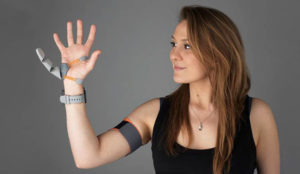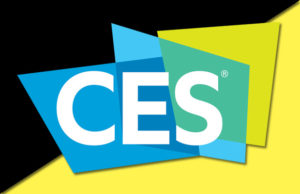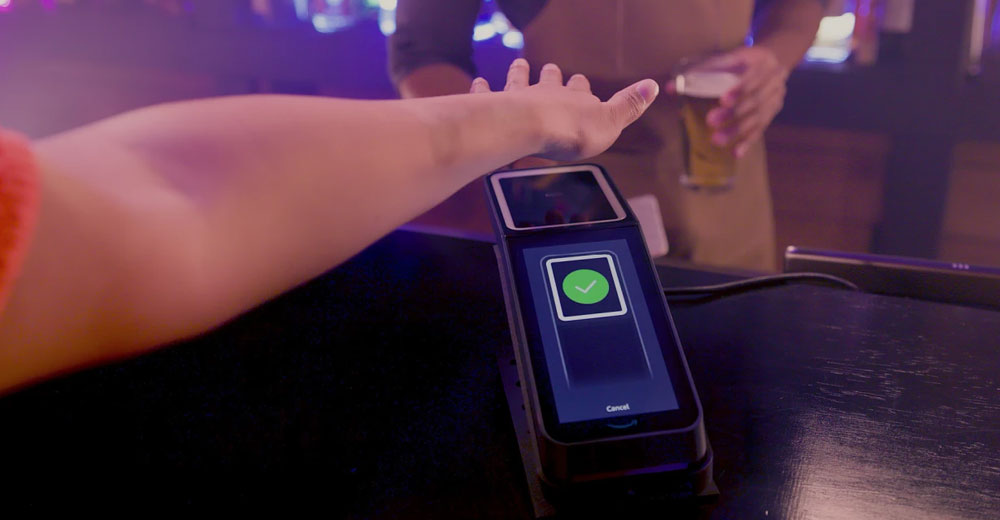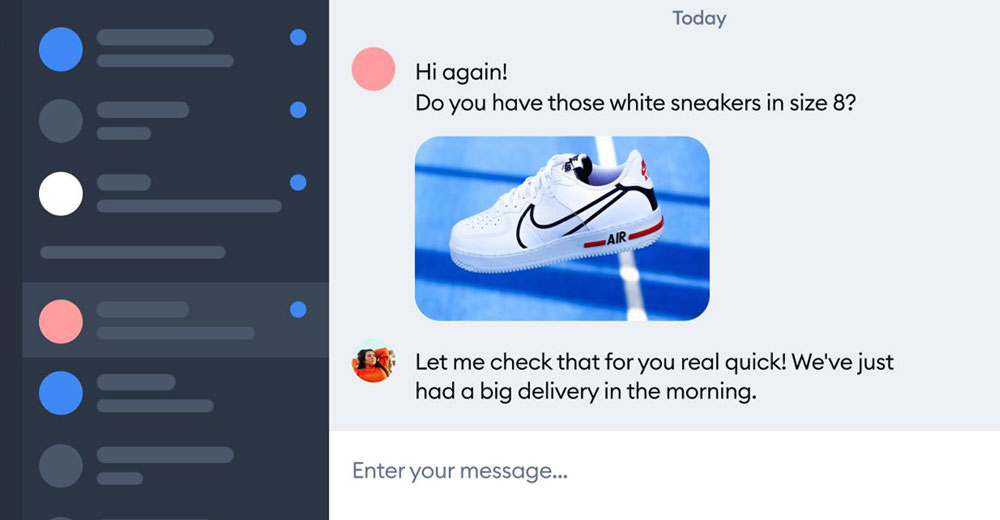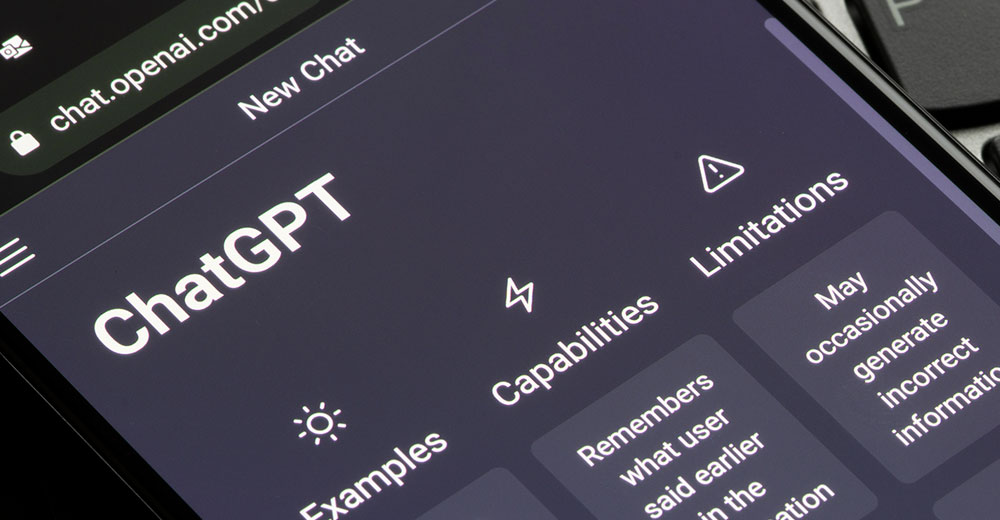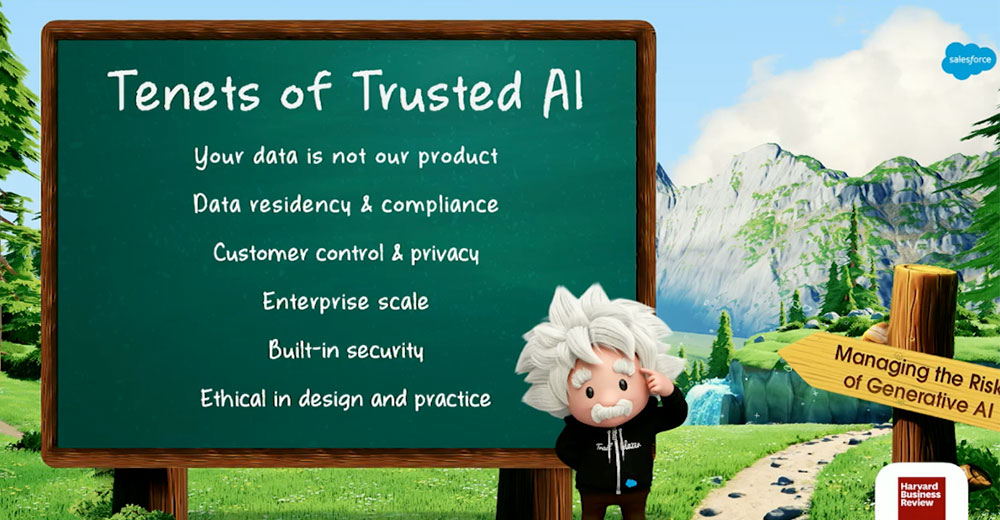Women comprise 56% of the U.S. workforce but hold only 26% of technology jobs. The percentage of female STEM, or science, technology, engineering, and math graduates is about 19%. According to the National Center for Women and Information Technology (NCWIT), that number has been steadily declining.
Research shows that gender-diverse teams bring in more business and improve creative results when working in a diversity-enriched environment. With organizations digitizing their operations since the pandemic, tech competency is more needed for all employees, regardless of gender.
A significant challenge women face in the tech industry is a lack of role models. With females under-represented in leadership positions, it is often difficult for them to advance their careers and achieve their goals.
In fact, unfair treatment is a primary reason women leave their tech jobs at a 45% higher rate than men. Plus, according to the Kapor Center’s Tech Leavers Study, women of color confront unfair treatment at even higher rates.
U.S. Army veteran Tiffany Pilgrim, a Barbadian American who founded the tech public relations firm Corelini PR, wants to change that unbalanced equation. Pilgrim is also a user experience designer and researcher who is adamant about the importance of women becoming a more disruptive force in the tech sector to help propel design and innovation.
“We are seeing trends right now regarding entrepreneurship and woman in tech. Entrepreneurship is growing rapidly since the pandemic, and the trend of women in tech has been at a much slower pace,” Pilgrim told TechNewsWorld.
She predicts that women will become much more noticeable disruptors in the tech field over the next few years.
Diversifying Opportunities Began Early
After moving to New York with her parents when she was 16 from the Caribbean island where she was born, Pilgrim enlisted in the U.S. Army at age 18, serving as a motor transport operator.
When her Army service concluded, she focused on diversifying her knowledge and skill sets. First, as a classically-trained actress, she then trained in fine arts and design. Then she perfected her communications talents at a London-based global social media agency.
Pilgrim managed top-tier billion-dollar brands such as T-Mobile and DAZN, an international sports streaming platform. Before founding Corelini PR, she moved into the TV and entertainment business as a producer and communications expert, working with celebrities and Fortune 500 companies, such as Showtime (CBS) and Paramount (formerly ViacomCBS), among others.
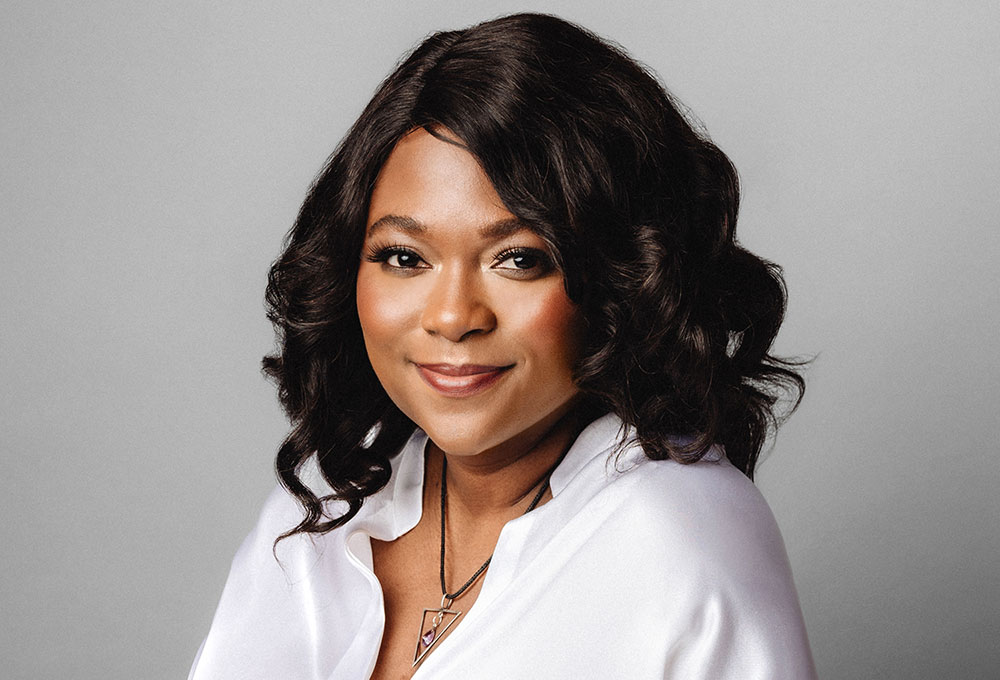
U.S. Army veteran Tiffany Pilgrim is the founder and CEO of Corelini PR.
“I began to realize I wanted to branch out and start my own tech PR firm. After all, technology and public relations were my backgrounds,” she said about her long tenure working for the marketing agency.
After accumulating more than 10 years of communications experience, Pilgrim put her skill sets together to help startup companies in technology get their products better known. She helped them with their marketing and brand image.
As a technology publicist running her own public relations firm, she works with top leaders and startups to build their brands and social media outreach.
That was one of the main pain points for the new companies. She explained that when they launched their products, they did not know how to communicate the product features and benefits to consumers.
“My firm merges technology and PR to solve entrepreneurs’ pain points,” she offered.
Taming the Elephant in the Room
Pilgrim dedicates herself to helping other women launch their tech careers. She is often approached by women looking to enter the tech field as a startup or working a tech job for another company. Pilgrim is generous with her time, fostering their interests and answering their questions.
“I always am hopping into a Zoom session with another woman who needs to pick my brain about technology,” she said.
Some of that mentoring is needed to keep women in their tech jobs rather than flee the biased treatment they often face. Pilgrim is not shy about discussing the gender barriers she encountered when starting out.
Pilgrim admits to dealing with a lot of pushback in the Army and beyond. For instance, her first duty assignment after basic training was at a military base in Colorado, where she was the only female soldier in the motor pool.
“That was a shock to me and the men as well. I had to prove my worth as a woman in an all-male motor pool. That was something I dealt with a lot. It was a challenge when I was there,” she advised.
“Yes, definitely, that is what happens in the tech industry,” she added. “Of course, I have encountered barriers. You cannot escape that when you are a multicultural woman.”
Addressing the Role Model Scarcity
Pilgrim helps tech entrepreneurs make a name for new and emerging technologies. But her career has an additional goal with a broader view for newcomers to the tech line of business.
She continues to mentor and encourage women to succeed in their technology careers. To that end, Pilgrim helps fellow veterans break into the tech industry, as she did.
To do that, she uses the organizational skills learned in the Army along with the strategies garnered from her communications and design mastery. When she returned to New York about 10 years ago, Pilgrim started a career in communications with social media clients.
“I did not have any formal training in communications. I just sort of fell into it because my first job previously was with an agency in London. I taught myself user experience design. I worked for a while with clients and their media image in Hollywood,” she recounted.
Women right now are causing a good stir when it comes to corporate leadership and technology, according to Pilgrim.
“Many of these women are leading the way for those who follow them. These situations are real for many women, I must say,” she observed. “I believe women right now are designing a new world.”:
Advice for Female Vets Interested in Tech
Over the years, Pilgrim has been involved actively with a non-profit organization, Veterans in Media and Entertainment. Membership totals about 5,000 veterans across the U.S. who are focused on pursuing media and entertainment. They want to have careers in media or be on a film set, according to Pilgrim.
“I really had a lot of mentors, and I still mentor veterans who want to get into media,” she said. I think now that I am being heard, this is a great platform to attract more women who need mentorship,” she said.
Pilgrim recommends that any female veteran interested in starting a tech career needs to do some research about what types of jobs would be a good fit. Also, they need to assess their skill sets. What are they capable of doing or learning? If that person cannot learn from self-study, go to an immersive tech boot camp.
Other options include taking out loans, getting a payment plan or education grant, or checking into tech training programs offering veteran discounts.
One career training path that Pilgrim pursued was getting tech certifications for self-study programs. For instance, she got certified by Adobe in Photoshop, Illustrator, and InDesign. That qualified her to become a visual design specialist after completing all three programs and learning to use the software tools.




















